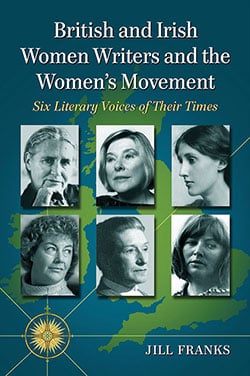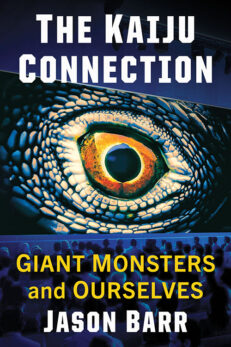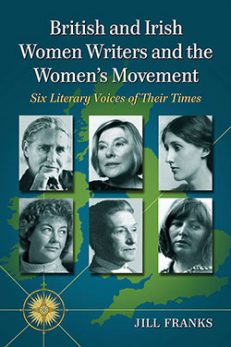British and Irish Women Writers and the Women’s Movement
Six Literary Voices of Their Times
$39.95
In stock
About the Book
This study pairs selected Irish and British women novelists of three periods, relating their voices to the women’s movements in their respective nations. In the first wave, nationalist and militant ideologies competed with the suffrage fight in Ireland. Elizabeth Bowen’s The Last September illustrates the melancholy of gender performance and confusion of ethnic identity in the dying Anglo-Irish Ascendancy class. In England, suffrage ideologies clashed with socialism and patriotism. Virginia Woolf’s Mrs. Dalloway contains a political unconscious that links its characters across class and gender.
In the second wave, heterosexual romantic relationships come under scrutiny. Edna O’Brien’s Country Girls trilogy reveals ways in which Irish Catholic ideologies abject femaleness; her characters internalize this abjection to the point of self-destruction. Doris Lessing’s The Golden Notebook pits the protagonist’s aspirations to write novels against the Communist Party’s prohibitions on bourgeois values.
In the third wave, Irish writers express the frustrations of their cultural identity. Nuala O’Faolain’s My Dream of You takes her protagonist back to Ireland to heal her psychic wounds. In England, Thatcherism had created a materialistic culture that eroded many feminists’ socialist values. Fay Weldon’s Big Woman satirizes the demise of second-wave idealism, asking where feminism can go from here.
About the Author(s)
Bibliographic Details
Jill Franks
Format: softcover (6 x 9)
Pages: 232
Bibliographic Info: 7 photos, notes, bibliography, index
Copyright Date: 2013
pISBN: 978-0-7864-7408-0
eISBN: 978-1-4766-0268-4
Imprint: McFarland
Table of Contents
Table of Contents
Acknowledgments ix
Preface 1
Introduction. Why Voices, Gynocritics and Biography Matter 7
One. “Cherish all the children of the nation equally”: The Irish Women’s Movement 19
Two. “Deeds, Not Words”: The British Women’s Movement 53
Three. The 1920s: Androgyny and Gender Performance in Virginia Woolf’s Mrs. Dalloway and Elizabeth Bowen’s The Last September 92
Four. The 1960s: Hegemonies and the Abject in Doris Lessing’s The Golden Notebook and Edna O’Brien’s The Country Girls Trilogy 123
Five. Turn of the 21st Century: Individualist and Communal Values in Fay Weldon’s Big Women and Nuala O’Faolain’s My Dream of You 159
Conclusion. Comparative Analysis 196
Chapter Notes 207
Works Cited 212
Index 217
Book Reviews & Awards
“Recommended”—Choice; “Franks pairs Irish and British women novelists from three periods to relate their writing to the three waves of the women’s movement in their respective countries”—Reference & Research Book News.





